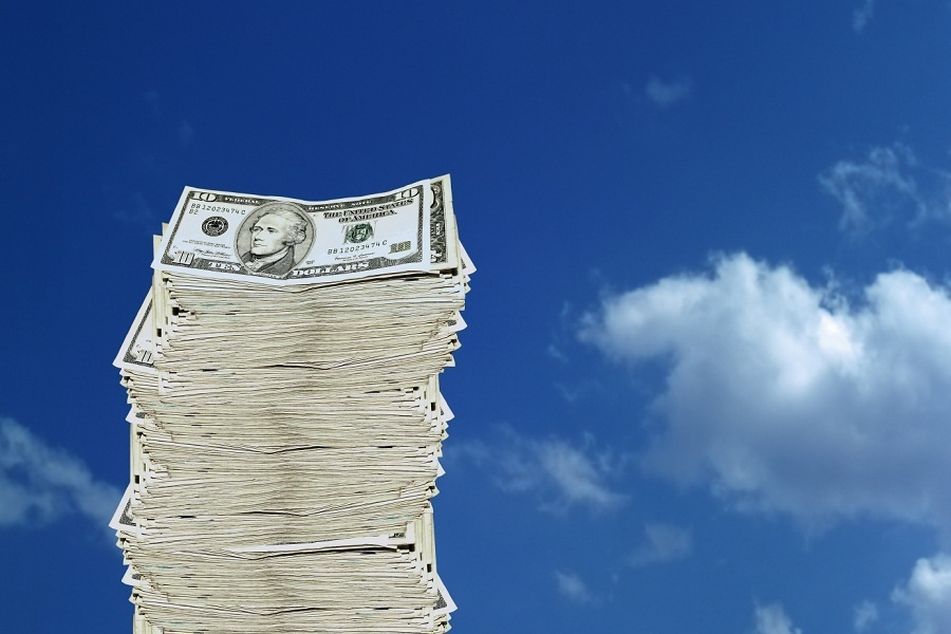Debt-limit concerns push money market funds to fresh record

About $46.7 billion poured into US money market funds in the week ended Wednesday as investors piled into assets offering relatively safer returns amid the uncertainty around talks on extending the US debt limit.
The cash parked at money market funds climbed to a fresh record, with the largest inflows in about three weeks, as investors piled into assets offering relatively safer returns amid uncertainty around talks over extending the U.S. debt limit to avert a default.
With the Federal Reserve raising its main policy rate to its highest level in 16 years earlier this month in the most aggressive hiking cycle in decades, short-term rates above 5% continue to lure investors to money market assets.
The latest rise comes as the debt-ceiling impasse in Washington continued to plague rates for securities maturing in early June, a corner of the bill curve seen most at risk of nonpayment if the government exhausts its borrowing capacity. Meanwhile, traders priced in greater odds of another rate increase over the next two Fed meetings.
About $46.7 billion poured into U.S. money market funds in the week ended Wednesday, the largest intake since May 3, according to data from the Investment Company Institute. Total assets reached an unprecedented $5.39 trillion versus $5.34 trillion in the week ended May 17.
The week before, about $13.6 billion in net new money flowed into the funds.
Over the past week, in addition to resilient economic data and comments by Fed officials on the outlook for the rate path, markets have focused on negotiations in Washington to avoid a first-ever default. House Speaker Kevin McCarthy said Thursday issues remain in talks with the Biden administration on raising the federal debt limit as the clock ticks down to the point when the government runs out of cash. Treasury Secretary Janet Yellen has repeatedly warned that could become a risk as soon as June 1.
In a breakdown for the week to May 24, government funds, which invest primarily in securities like Treasury bills, repurchase agreements and agency debt saw assets rise to $4.48 trillion, a $41.25 billion increase. Prime funds, which tend to invest in higher-risk assets such as commercial paper, saw assets climb to $796 billion, a $6.48 billion increase.
[More: 12 key points to consider on the debt ceiling and the markets]
Investors should stay defensive as corporate profits deteriorate
Learn more about reprints and licensing for this article.








